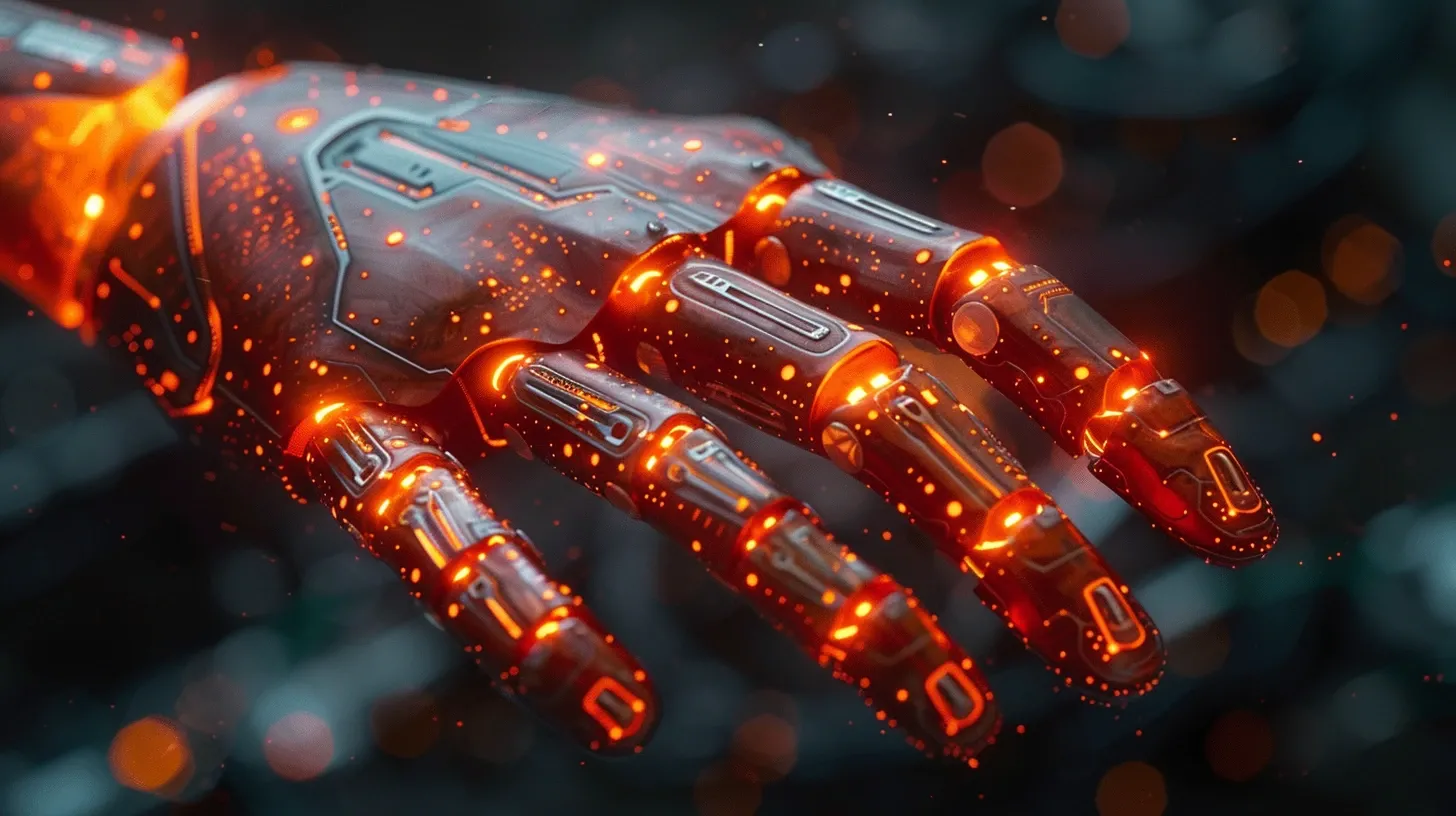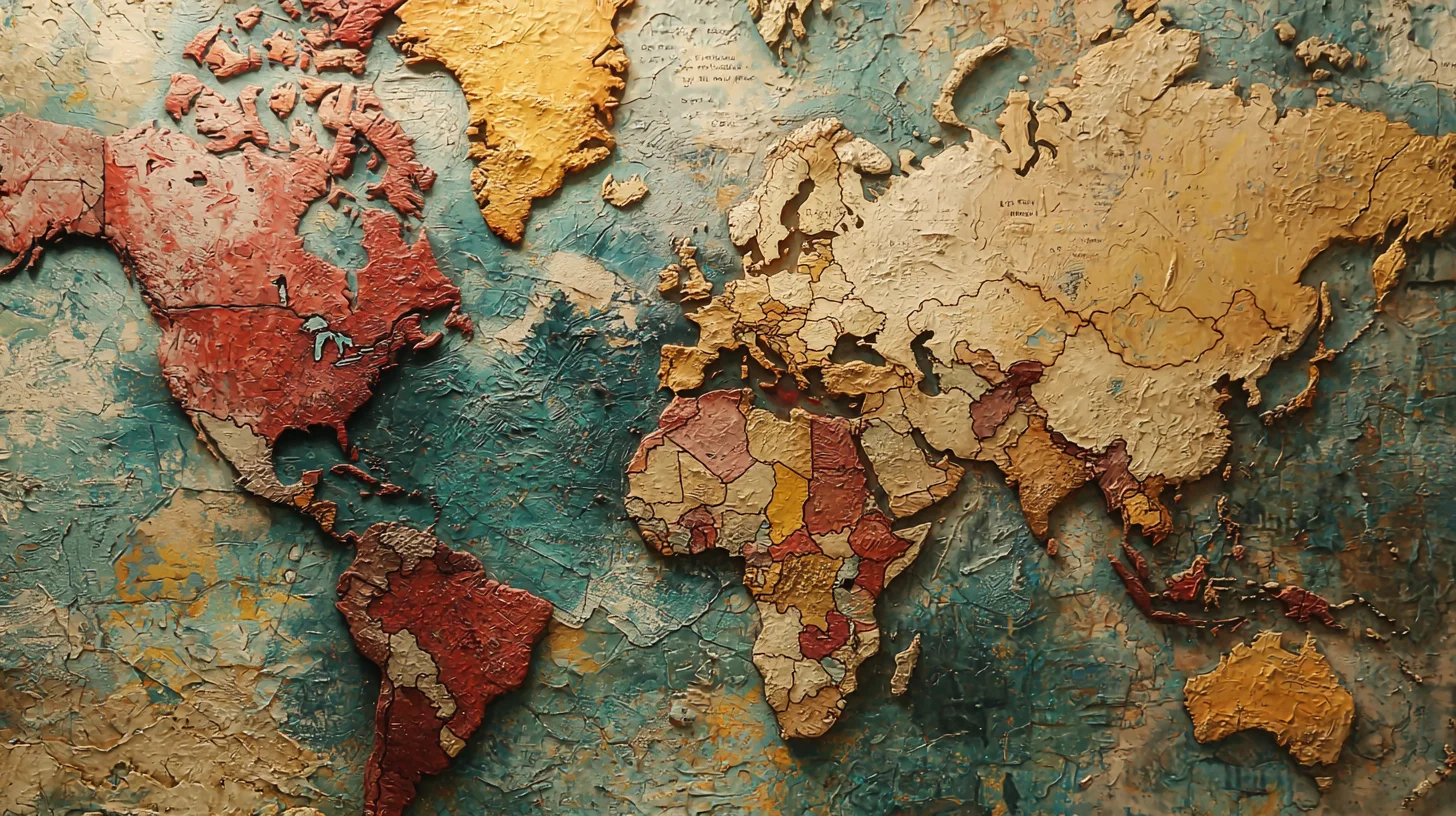17 February 2024
Bridging the Gap: How AI Can Transform the Lives of the World's Poorest.

Press the play button in the top right corner to listen to the article
In an era where technology increasingly influences every aspect of life, artificial intelligence (AI) emerges as a powerful tool with the potential to dramatically improve the lives of the world's poorest populations. Through innovative applications and initiatives, AI can address some of the most pressing challenges faced by those living in poverty, offering not just incremental improvements but transformative solutions to long-standing issues.
Healthcare Accessibility and Efficiency
AI has the power to revolutionize healthcare delivery in underprivileged areas. With resources often scarce and access to qualified medical professionals limited, AI-powered diagnostic tools and telemedicine services can provide vital support. These technologies can help in diagnosing diseases early, offering treatment recommendations, and even monitoring patients remotely, thus making healthcare more accessible and efficient for those who need it most.
Enhancing Agricultural Productivity
For many of the world's poorest, agriculture is a primary source of livelihood. AI can significantly impact this sector by providing farmers with data-driven insights. Through the analysis of weather patterns, soil conditions, and crop health, AI can offer personalized advice to farmers, enabling them to make informed decisions that boost productivity, reduce waste, and increase food security.
Educational Opportunities
Education is a critical pathway out of poverty, yet many lack access to quality learning resources. AI can help bridge this gap through personalized learning platforms that adapt to the individual's pace and style of learning. Such platforms can provide high-quality education materials, interactive lessons, and immediate feedback, making education more accessible and effective for underserved communities.
Financial Inclusion
AI also plays a crucial role in enhancing financial inclusion. Many of the world's poorest people do not have access to traditional banking services. AI-powered fintech solutions can change this by providing secure, accessible, and affordable financial services through mobile platforms. This includes savings, credit, insurance, and remittance services, which can be pivotal in helping individuals manage their finances better, invest in their futures, and protect themselves against economic shocks.
Disaster Response and Mitigation
Finally, AI can improve disaster response and mitigation efforts in vulnerable communities. By analyzing data from various sources, AI can predict natural disasters with greater accuracy, allowing for timely evacuations and preparations. Post-disaster, AI can aid in coordinating relief efforts, assessing damage, and planning recovery, significantly reducing the impact on the most vulnerable populations.
In conclusion, AI holds remarkable potential to improve the lives of the world's poorest, offering scalable solutions to healthcare, agriculture, education, financial inclusion, and disaster management challenges. By harnessing this potential responsibly and inclusively, we can make significant strides toward a world where technology serves everyone, not just those who can afford it. As we continue to explore the capabilities of AI, it becomes increasingly clear that its greatest value lies in its ability to uplift the most marginalized among us, bridging the gap towards a more equitable global society.
The content, including articles, medical topics, and photographs, has been created exclusively using artificial intelligence (AI). While efforts are made for accuracy and relevance, we do not guarantee the completeness, timeliness, or validity of the content and assume no responsibility for any inaccuracies or omissions. Use of the content is at the user's own risk and is intended exclusively for informational purposes.
#botnews















































































